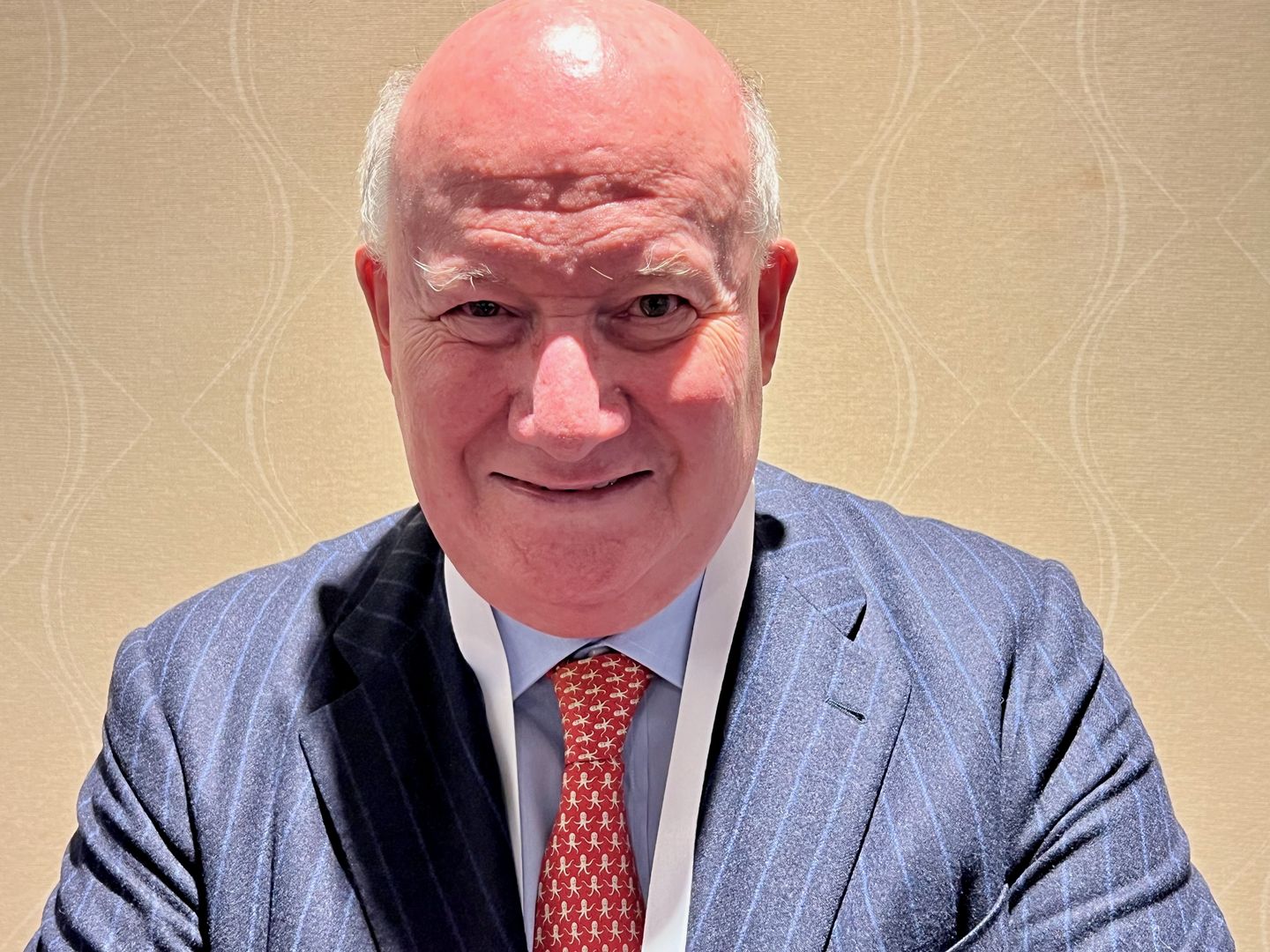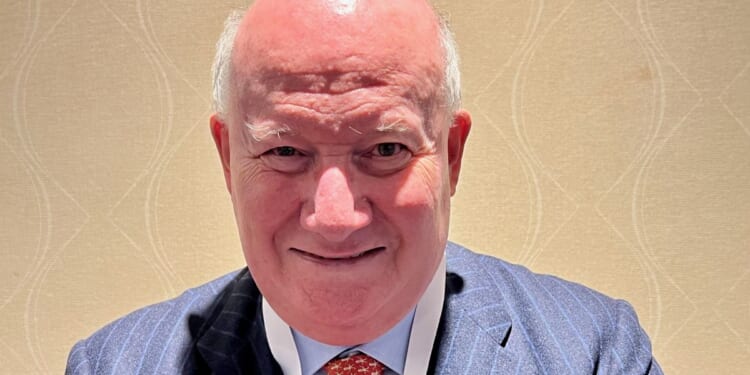
Italian scholar Massimo Introvigne did not plan on becoming a leading authority on religious freedom — his academic specialty is the sociology of new religious movements. But the precarious status of religious minorities around the world has pushed him into the arena.
Take France, for example. In 2001, the nation moved toward implementing an “anti-sect” law banning so-called cult activities such as alleged “mental manipulation” and “abuse of weakness.”
Mr. Introvigne and other scholars wrote articles and published a book about the dangers of the proposal, called the About-Picard law. He believes the criticism helped eliminate aspects of the bill that could have impinged on the rights of religious minorities.
Now two decades later, French legislators have returned to the topic, and again Mr. Introvigne, now the managing director of the Center for Studies on New Religions in Turin, Italy, is leading the opposition.
“The French government has tried to go back to the old version,” he said in an interview Tuesday during the International Religious Freedom Summit 2024 in Washington, D.C., where he will speak to attendees.
“The government basically lost in the Senate, but now the law is in the National Assembly,” he said.
“I saw the debate, the [chamber] was not full,” Mr. Introvigne said. “People are not passionate about these issues, but at least those who were in the Senate, the majority voted against [the provisions] so there was a surprise.”
Like a planetary game of Whac-A-Mole, the challenges keep popping up.
Norway is weighing restrictions on the “shunning” practices of the Jehovah’s Witnesses, who advise against members contacting those who’ve left the faith and are not cohabiting with immediate family. The Christian group’s membership in Norway stands at about 12,000, roughly 0.002% of the Nordic country’s 5.5 million population.
Mr. Introvigne said Norway “is the exception, not the rule” among European nations who seek to ban the practice, which other religious groups, including some Orthodox Jewish groups, the Amish and the Church of Scientology also practice. He said Italy’s supreme court, as well as tribunals in Belgium, Germany and Hungary, have all ruled in favor of allowing the practice.
China is another focus for Mr. Introvigne, who also publishes “Bitter Winter,” an online magazine about religious freedom that has 100,000 readers around the world, along with approximately 3,000 who receive a daily email of articles from the website. For the first three years of publication, “Bitter Winter” was exclusively focused on China, but now it covers other religious liberty issues.
Reporting on attacks against religion by the Chinese Communist Party, the digital magazine’s articles are informed by reporters who write under pseudonyms to protect their identity and provide coverage of repression, arrests of religious individuals, the harvesting of organs from Uyighur Muslims and Falun Gong adherents and the destruction of religious statues.
The publication, Mr. Introvigne said, “is widely quoted by governments, the U.S. State Department and the U.S. Commission on International Religious Freedom.”
He said, “I believe our strength is through years of dealing with China. We have people in China. They pay a price because, in the course of the years, we have more than 40 people sentenced to jail for sending information to ‘Bitter Winter.’”
Asked if he’s optimistic or pessimistic about the outlook for religious liberty, Mr. Introvigne said he was neither.
“I’m not an optimist or a pessimist,” he said. On the one hand, “this event, the IRF Summit, shows there are many people committed to religious liberty.”
At the same time, Mr. Introvigne said, “There are areas of the world where it’s very difficult to make inroads,” including China and Russia. Both nations offered hopeful prospects on the religious liberty front 20 years ago, but each has become more restrictive under the autocratic regimes of Xi Jinping in China and Vladimir Putin in Russia.
“I will say in terms of Russia and China, the situation is getting worse for geopolitical reasons,” he said, noting Russia’s two-year-old invasion of Ukraine as an example.
But in other nations such as Pakistan, where repression of Christian and Hindu minorities is rampant, the prospect of government change in upcoming national elections offers hope.
“After the election, somebody may raise a voice against the persecution, so perhaps there is some hope,” Mr. Introvigne said. And in Pakistan, as you know, at least there are contested elections, it may not be 100% fair, but they are fair enough considering the past of the country.”












